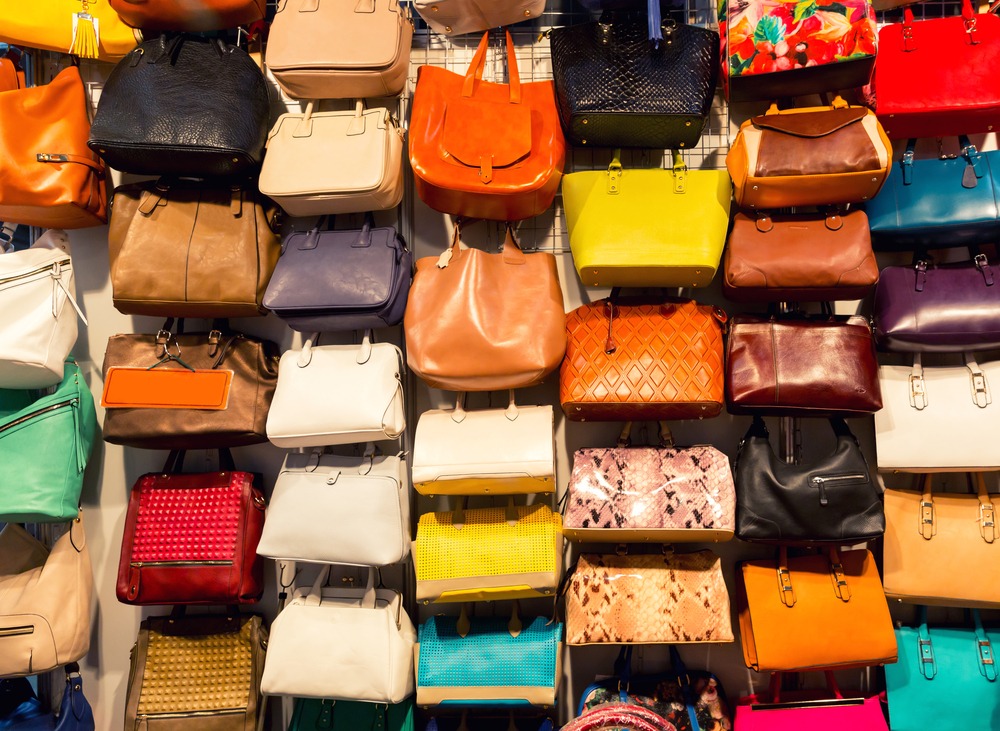
Customer's fake Hungarian license plate was seized by police.Continue reading

Hungarians would take tougher action against counterfeiters and distributors of fakes: in 2022, 60 percent of the population would punish them more severely than they are at present, according to the survey by the National Intellectual Property Office (NIPO) and TÁRKI Social Research Institute Zrt.
The Hungarian public also takes a tougher stance on holding buyers responsible: while 38% say that buyers of counterfeit products are not responsible, 37% call for buyers to be held responsible.
The distribution of counterfeits is rated as a crime by a higher proportion of the population than in previous years. This year, 62 percent of respondents now consider the sale of counterfeits a crime, up from 53 percent last year. 16 per cent of respondents do not consider the distribution of counterfeit goods to be illegal, while 22 per cent of survey respondents do not take a position on the issue.
This year, 66% of respondents agreed that counterfeiting was a serious loss of revenue for the budget, up from 59% last year. Fifty-three percent of respondents believe that counterfeiting will result in job losses, an increase of 8 percentage points from last year, the survey said.
Three-fifths of seized counterfeit goods entering the European Union come from online sales, according to a recent study by the Organisation for Economic Co-operation and Development (OECD) published by pénzcentrum.hu. The most common counterfeit goods, which are also considered dangerous, are perfumes, cosmetics, clothing, toys, car parts and medicines. According to a report published in March by the EUIPO and the OECD on the global market from 2017 to 2019, counterfeit goods not only cause economic damage and job losses, but also pose a serious risk to consumers.
The US Chamber of Commerce estimates that the global annual trade with counterfeit goods costs the world economy in the region of 500 billion dollars.
Featured Photo: IloveQatar.net Facebook